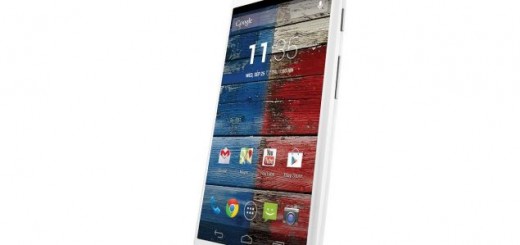Huawei’s octa-core LTE HiSilicon SoC ready to enter the battle
The octa-core chip will support multi-mode LTE for both WCDMA and TD-SCDMA networks
Speaking of processing battles, Huawei has finally set the right arsenal in order to join the competition. The Chinese manufacturer has gathered quite the popularity recently thanks to its desirable flagship smartphone devices; however the company’s success in terms of manufacturing its own HiSilicon arm chip remains to be seen. Richard Yu, the Mobile Phone Division Head, announced that Huawei will not leave the game so soon since its anticipated octa-core processor has been finally set to go.
In fact, Huawei just launched not one, but two 28nm high-performance processors for mobile devices, a quad-core and an octa-core one. The typical quad-core chipset is based on the Cortex A9 and there’s nothing much to it; however the octa-core CPU is believed to be following Samsung’s game plan as it implements a big-LITTLE architecture utilized all four Cortex A7 and four high-performance Cortex A15 chips.
Logically, we would wonder whether Huawei has managed to implement the HMP (heterogeneous multiprocessing) in order to make the chipset true octa-core. In all, Samsung did implement that upgrade enabling all eight cores in myriad combinations that allows all of them to work at the same time. Unfortunately the report doesn’t mention anything about HMP for Huawei’s octa-core SoC, so this remains to be seen.
What the report mentions, however, is that the chip will support multi-mode LTE for both WCDMA and TD-SCDMA networks. Huawei feels optimistic that the processor will push the needle for the company’s chipsets to rival big names such as Qualcomm, MediaTek and Samsung. So far, only few devices have adopted Huawei’s previous chipsets known as the K3V2; but the upcoming flagship device Huawei P65 is definitely going to rock the octa-core Huawei processor.
In addition, Yu also gave some teasers about the company jumping aboard the 64-bit chipsets ship, as the industry enters the 64-bit era and Huawei won’t feel like staying behind.
Source: Engadget




